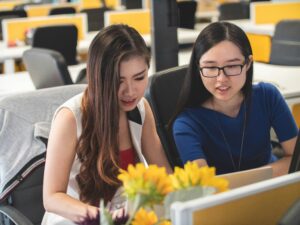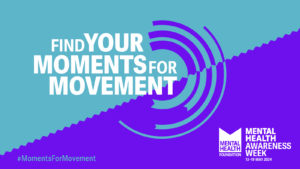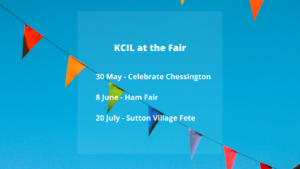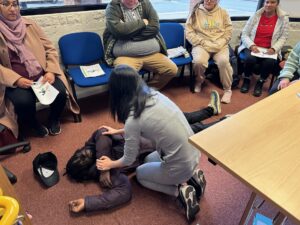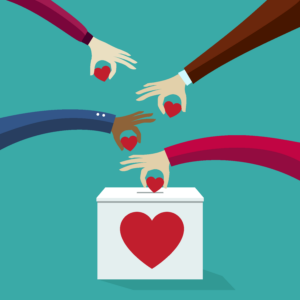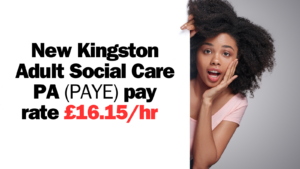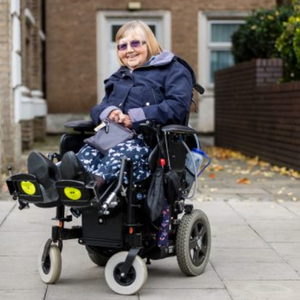
I got into school at four–, I was four years and nine months, and that was very, very important because it was at five years and three months that I became hospitalised. So I had six months at school, and those were the days which really focussed on reading, writing and arithmetic as it was called then. And that really stood me in fantastic stead for what was to come, because there was no education in hospitals. I could tell you every single thing about operations, dressings, everything to do with nursing and medical things like keeping the corners of the bed absolutely pristine and making sure the wheels were straight and there was not a speck of dust on them, and the sheets pinned you to the bed. And other than that, so I was very immobile, and my saving grace was the ward clock. The ward clock, which I could see most of the time, helped me to play lots of ridiculous games, all sorts of games with myself because there wasn’t anybody else to play with other than all these other children who were in the same predicament as myself. So it was really very, very useful.
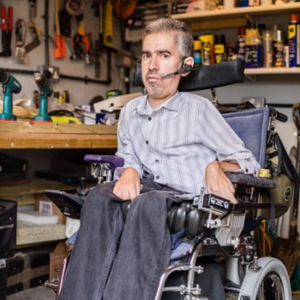
Here’s disability campaigner Ali Kashmiri talking about the treatment he had as a child in the 1970s –
I think it’s all relative to the time, I mean obviously the treatment I got would have been better than a child that was born in the ’50s say, and a child that’s born in today’s era would be–, would receive better treatment than I had. But I think a lot of it is about attitudes, it’s about a lot of the challenges we face are because of preconceived sort of ideas and value judgements and is that what–, is that life worth keeping, and having, is that person going to be of any value to society, or are they just going to be a drain on society. So whatever the clinician is, whoever they are, I mean their energy, the vigour that they put into their work, ultimately depends on their attitude.
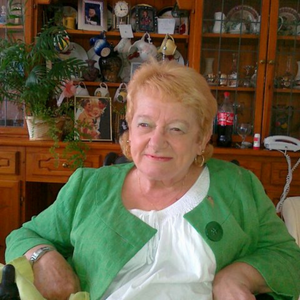
I went to a school for the disabled, but I didn’t get on very well there because my education was done with my mother when I was very young and I was above their standards, so I was held back, which my mother thought so, so she wanted to me to go a school for the able bodied, which she fought for, which I did for a while, till I was 13 or 14, 15, something like that. And I stayed on longer because they weren’t sure what they were going to do with me [laughs], I must admit.To read and listen to more of the Fighting For Our Rights oral histories, visit the KCIL website.

